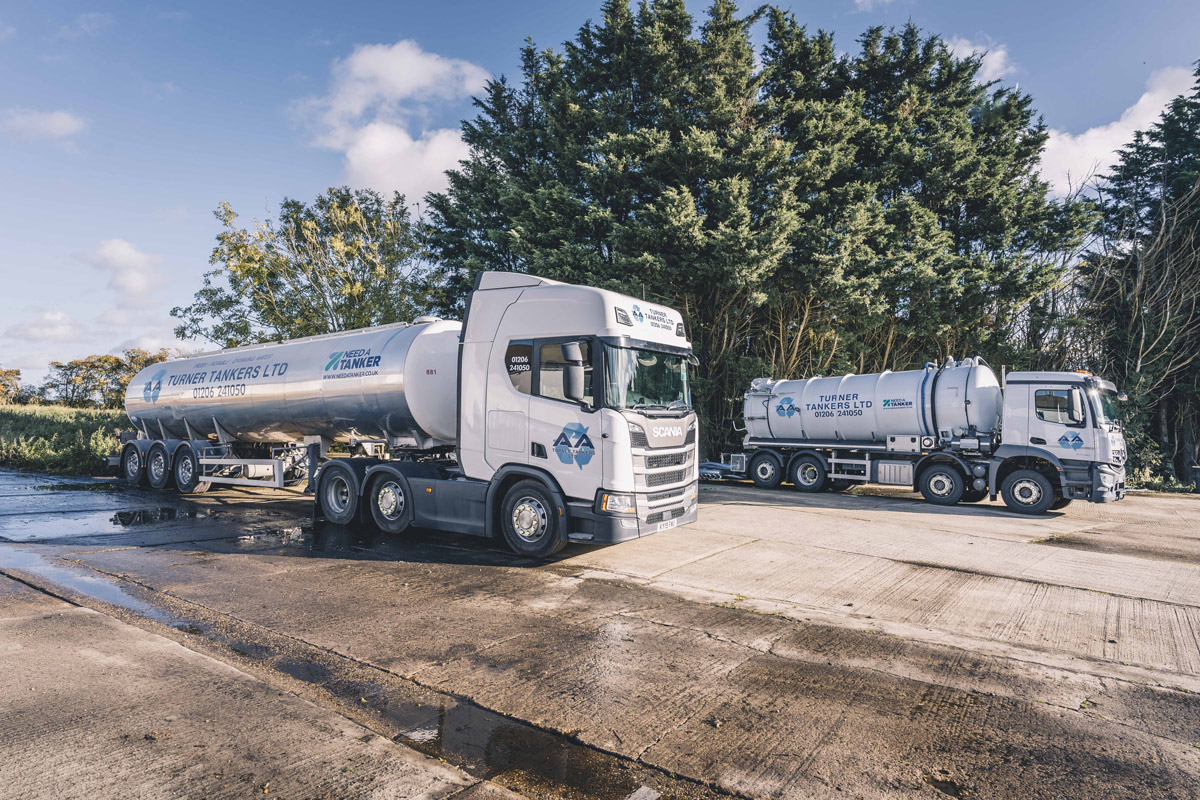Reclaim Waste Can Be Fun For Everyone
Reclaim Waste Can Be Fun For Everyone
Blog Article
Fascination About Reclaim Waste
Table of ContentsNot known Details About Reclaim Waste Reclaim Waste Fundamentals ExplainedThe smart Trick of Reclaim Waste That Nobody is Talking AboutThe Of Reclaim WasteThe Ultimate Guide To Reclaim Waste
Discover the kinds, incidents, and forms of fluid waste. Residential sewer waste describes the waste and items from a residential septic tank. This type of waste is produced by human beings in residences, institutions, and various other buildings. This only consists of septic storage tanks that have a drainpipe field. The correct administration and disposal of residential sewage waste call for liquid waste to be moved to a sewage therapy plant where the proper techniques and devices are applied to detoxify and dispose of waste.
Industrial waste usually includes potential dangers, such as flammable materials or a combination of liquid and strong waste items, and calls for an advanced and detailed disposal process. The disposal of commercial waste commonly involves the purification of waste before transportation to guarantee safe and appropriate disposal. Industrial waste is produced from by-products and drainage of commercial processes and manufacturing.
This kind of waste can not use the same sewage management transport or procedures as septic or industrial fluids. The hazardous waste monitoring process requires the assessment and testing of fluid waste before it goes through the disposal process (liquid waste disposal). Overflow waste is the liquid waste that originates from drainage and excess stormwater in highly booming locations or cities
Drainage waste can trigger contamination and flooding if not dealt with appropriately. Making certain proper waste administration can protect against calamities and lower ecological harm.
Not known Facts About Reclaim Waste
Contact PROS Solutions today to learn more about our waste monitoring and disposal solutions and the correct methods to care for the liquid waste you create.
(https://www.mixcloud.com/reclaimwaste1/)Do you recognize what happens to your water when you pull the plug, flush the bathroom or drain pipes the washing machine? No? Well, it's worth recognizing. This supposed 'wastewater' is not just a vital source yet, after treatment, will be launched to our land, rivers or the sea. Made use of water from commodes, showers, bathrooms, kitchen area sinks, washings and commercial procedures is referred to as wastewater.

water utilized to cool down machinery or tidy plant and tools). Stormwater, a form of wastewater, is drainage that moves from agricultural and metropolitan locations such as roofings, parks, yards, roads, paths and rain gutters right into stormwater drains, after rainfall. Stormwater streams untreated directly to regional creeks or rivers, at some point reaching the ocean.
Everything about Reclaim Waste
In Queensland, a lot of wastewater is dealt with at sewer therapy plants. Wastewater is transported from domestic or commercial websites via a system of sewage systems and pump terminals, called sewage reticulation, to a sewer therapy plant. Local governments build, maintain and operate most sewer therapy plants. Operators are certified under the Environmental Management Act 1994 to discharge treated wastewater at an acceptable environmental standard right into rivers.
The Division of Natural Resources encourages city governments regarding managing, operating and keeping sewerage systems and treatment plants. In unsewered locations, regional governments might need householders to install specific or home sewage therapy systems to treat residential wastewater from commodes, kitchen areas, restrooms and washings. The Division of Natural Resources authorises making use of family systems when they are shown to be effective.
Most stormwater obtains no therapy. In some new subdivisions, therapy of some stormwater to get rid of clutter, sand and crushed rock has started making use of gross toxin traps. Wastewater treatment happens in four stages: Removes strong matter. Larger solids, such as plastics and various other items wrongly released to sewers, are gotten rid of when wastewater is passed with screens.
Wastewater after that flows right into large tanks where solids settle and are removed as sludge. Oil and residue are skimmed from the surface. Makes use of tiny living organisms recognizes as micro-organisms to break down and remove continuing to be liquified wastes and fine bits. Micro-organisms and wastes are included in the sludge. Gets rid of nitrogen and phosphorus nutrients that could cause algal blossoms in our waterways and threaten aquatic life.
Excitement About Reclaim Waste
Nutrient removal is not available at all sewer therapy plants since it requires expensive specialized tools. Clear liquid effluent produced after therapy might still consist of disease-causing micro-organisms - my website liquid waste removal.

This normally implies wastewater needs to be treated or contaminants gotten rid of prior to it can be discharged to waterways. Most wastewater moves into the sewage system. Under the Act, city governments carry out authorizations and licences for eco appropriate tasks (Ages) involving wastewater launches that might have a neighborhood impact. The division administers approvals and licences to Periods including wastewater releases that may have a local or statewide effect.
What Does Reclaim Waste Mean?
Monitoring supplies factual details concerning water top quality and can confirm that licence conditions are being satisfied. The information gotten through monitoring provides the basis for making water quality choices.
Report this page